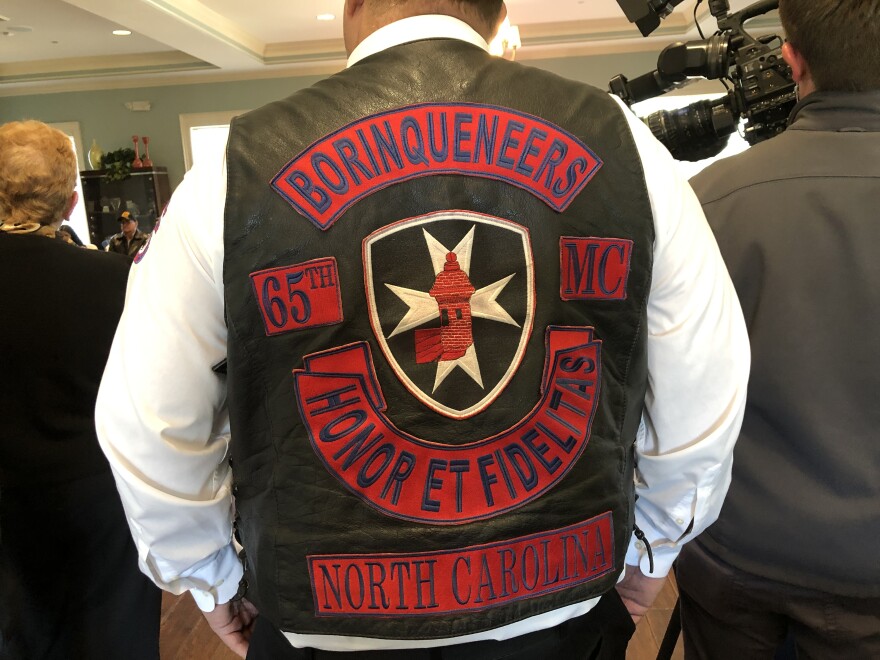A World War II veteran living in Wake County received his Congressional Gold Medal over the weekend. He was a part of a unique all-Hispanic regiment.
Jose Vazquez, a native of Puerto Rico, enlisted in the United States Army in 1944. He was part of the 65th Infantry Regiment, later known as the "Borinqueneers." The 65th was the only Hispanic segregated unit in US Military history.
Tears ran down the face of the 93-year-old Vazquez throughout the ceremony honoring his service.
“I’m thankful. I’m thankful," said Vazquez. "I am still here."

Carmen Vazquez says when the Borinqueneers were originally awarded with the Congressional Gold Medal in Washington, D.C. in 2014, her father did not want the recognition.
“For him, you do what you are supposed to do. He didn’t think he did anything special," said Carmen Vazquez. "He said, no thanks, that's for the real heroes."
But the family was able to change Jose Vazquez's mind and helped arrange for Washington to come to Raleigh.
Searching for Borinqueneers
Lieutenant Colonel Patrick Vazquez (no relation to Jose Vazquez), who works in the US Army Civil Affairs and Psychological Operations Command at Fort Bragg, says there are still more Congressional Medals to hand out to these Hispanic soldiers.
“The problem with this is trying to identify all the veteran Borinqueneers. So unless they report themselves to Veterans Affairs, to the hospital, or their family members try to contact the Borinqueneers Congressional Gold Medal National Committee online, it is really difficult for us to find and search for these Borinqueneers veterans.”
A Legacy of Hispanic Service
In the Korean War alone, 61,000 Puerto Ricans served in the military.

Hector Montero, of Fayetteville, says three generations of his family are US Army veterans. He was one of nearly two dozen members of the Borinqueneers Motorcycle Club who rode into town for Jose Vazquez's medal ceremony. Montero says they ride to honor the accomplishments and the struggles of the segregated 65th Infantry Regiment, because the first Borinqueneers were Puerto Rican and US citizens.
"But the people who came from other Hispanic countries they did not have that benefit, but they served also honorably and they need to know what they did and their ancestors did," said Montero. "They should be proud of that also."









